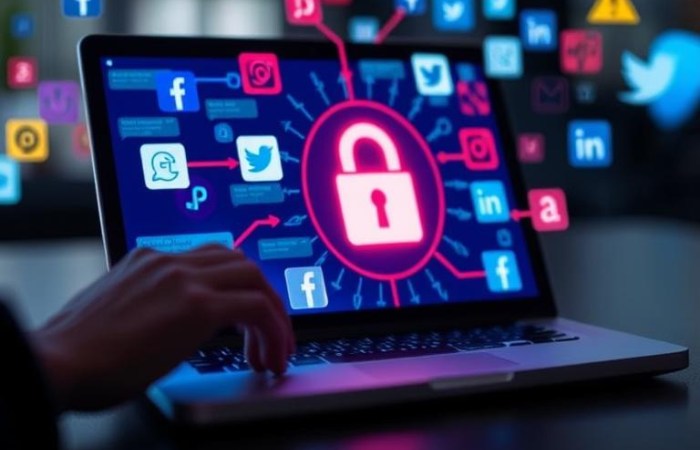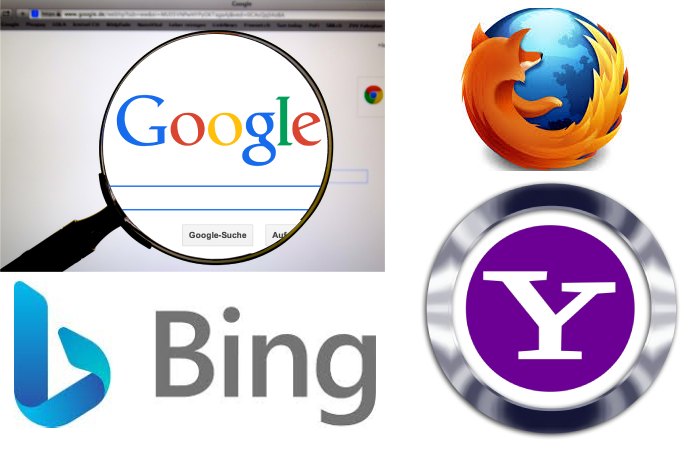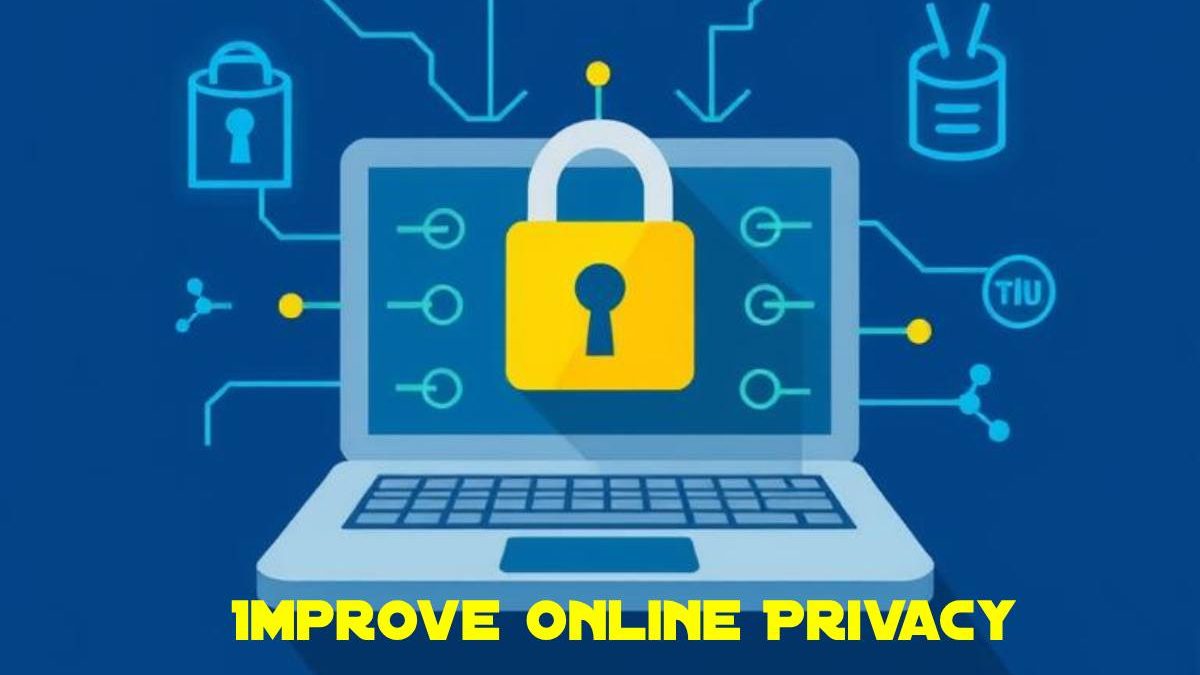Improve Online Privacy
Online privacy may not be the most pressing concern for some, but some people are worried about remaining anonymous on the internet. Potential threats like identity theft should not be overlooked. According to the BBC, there were more than 220 thousand identity theft cases registered in 2019 worldwide.
If you are interested in finding out how to boost your online security, look no further than this article. The suggestions below should keep you in a good spot. Use them and create a maintenance routine that you can follow. Also, keep in mind that the more of these suggestions you use, the better off you will be.
Table of Contents
1. Communication Platforms
Communication platforms like Signal, Telegram, or Discord may seem like a safe option if you want to socialize with others. You can text, voice chat, and go for a video call if you feel like it.
While engaging in these activities with real-life friends and family members should not be a problem, the chances are that you may meet some strangers and get close to them.
Even if you use a nickname and do not reveal your real identity, you should still not trust people who may seem nice on the surface. Joining like-minded communities gives opportunities to meet people who share the same interests. And befriending such people is easier.
If you feel like this is a problem that can get out of hand quickly, you should deal with it before it gets too late. Signing off and never returning to communication platforms like Discord is a good approach.
Find a reliable method to uninstall Discord completely from both your smartphone and computer so that you have no temptations to return.
2. Social Media

Social media is addictive. ScienceDirect reports that internet addiction may affect more than 210 million people, and platforms like Facebook, Instagram, and Twitter happen to be one of the main culprits.
Instead of working or doing productive things, internet users are eager to continue scrolling on a never-ending newsfeed on their favorite social media site. This creates a habit of looking for a sense of belonging. The more time you spend on social media, the more attached you get.
Those who seek validation start to post private pictures just to get some attention from their friends. However, at the time, it is difficult to consider potential consequences. Each detail of your private life exposes you.
As a rule of thumb, those who want to remain anonymous online should avoid social media platforms. Or, at the very least, use profiles with fake names and pictures.
3. Public Internet
The internet at your home should be fine as far as security goes. However, if you need to use a public internet connection, like the one you can find at cafes, hotels, and libraries, it is recommended to connect to a virtual private network.
Think of a VPN as a tunnel that connects you to the internet from your current location. The difference is that at the end of the tunnel, you come out with a different IP address and a different location.
Hiding internet activity from eavesdroppers gives you privacy and fewer worries about encountering potential hackers and other cybersecurity threats. The reason to use VPNs for public internet is that Wi-Fi in public locations is available to everyone.
However, it usually lacks the necessary security protocols. Unsuspecting people who connect to a public network may become a target and expose their private information that could be used against them.
You should not put a price on your online safety and privacy. A reliable virtual private network costs a couple of dollars per month at most, so getting it is not that much of a problem, right?
4. Popular Search Engines

Google, Yahoo, and Bing are not the safest options when it comes to search engines. If you notice that there are more and more personalized ads and offers to try services and goods, it is time to look for alternatives. These search engines have been collecting your data and sending it to advertisers.
DuckDuckGo is a solid option. The search engine does not track your internet activity, nor does it intend to sell private information to advertisers. If anything, DuckDuckGo emphasizes user privacy and security.
5. Delete Traces You Leave Online
Try your best to delete any online traces you may leave behind. As a rule of thumb, you would be better off using the incognito mode. Private browsing does not record history and cookies.
On the other hand, if you cannot gain access to the incognito mode, remember to delete the browsing history manually. Also, if you are surfing the net on a public computer, say, in your school or in a local library, avoid entering personal information if possible, and do not store password information on the internet browser.

